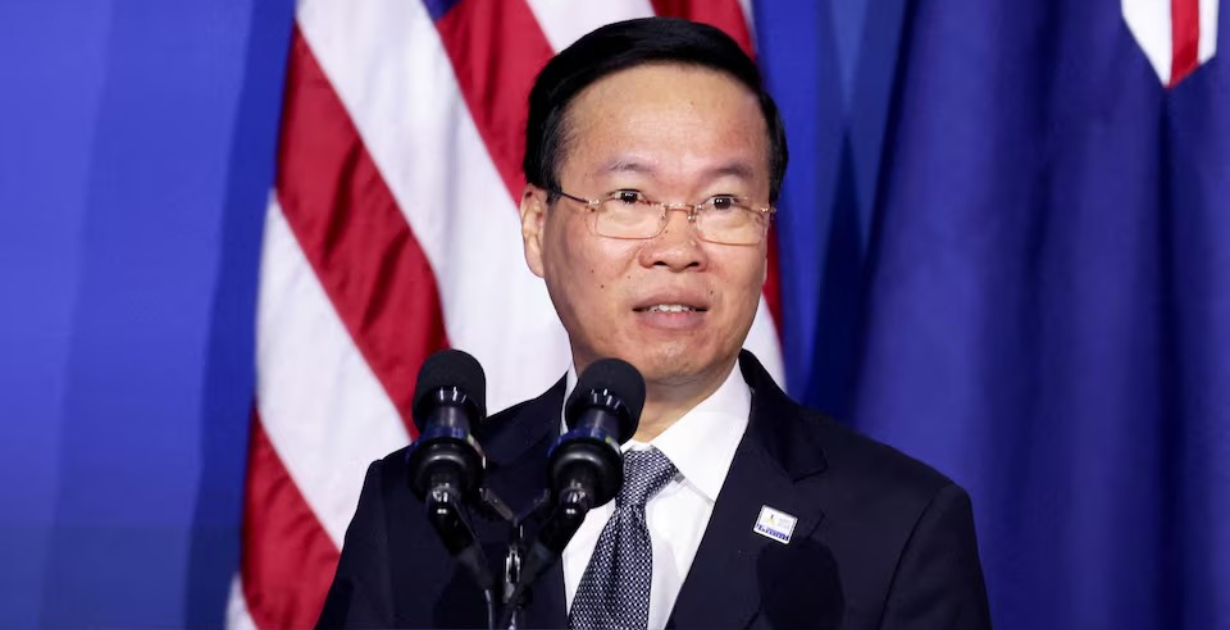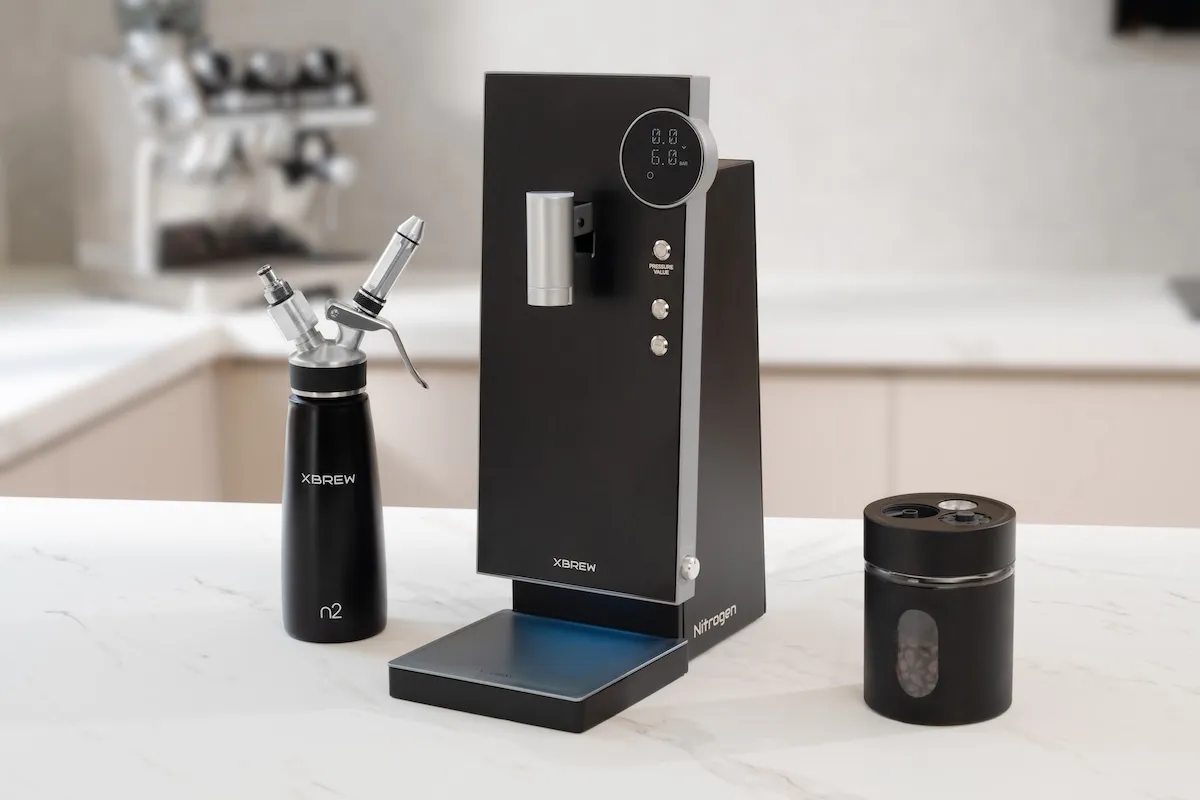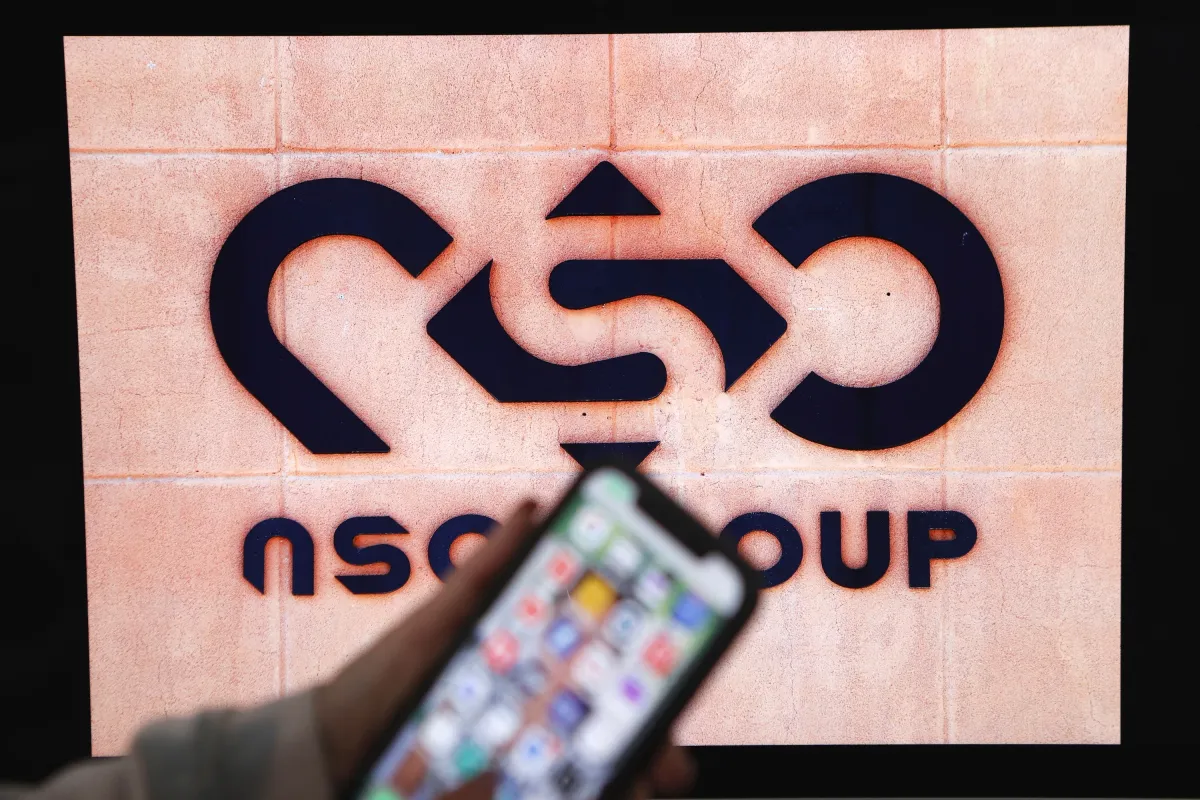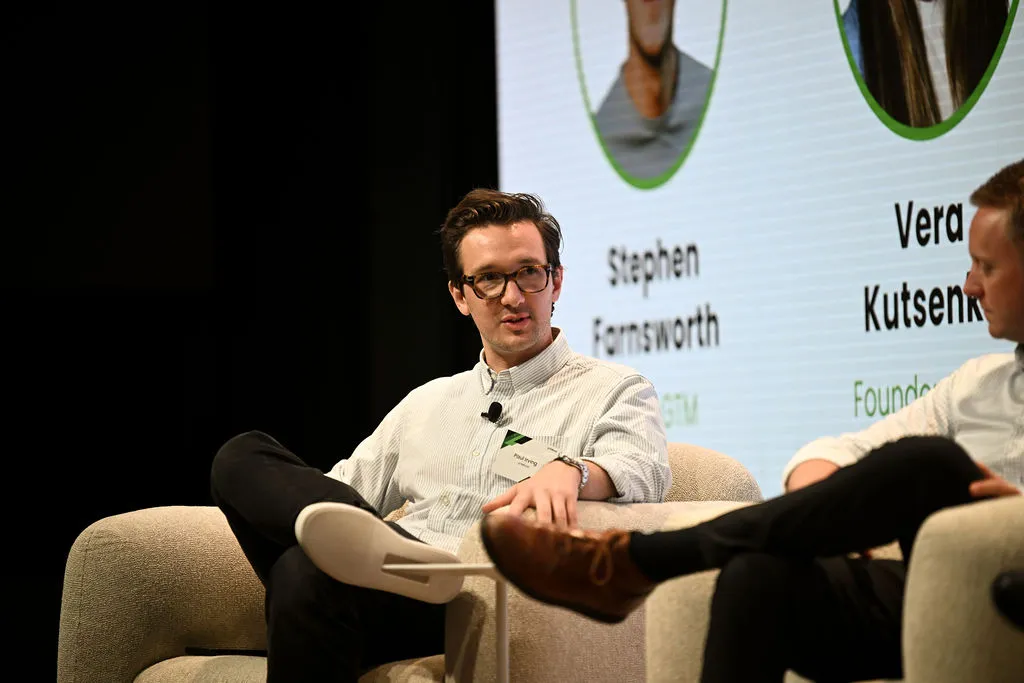Vietnam Takes Diplomatic Steps as U.S.’ Tariff Deadline Looms Closer
As the US president’s deadline to impose reciprocal tariffs on trading partners draws closer, including the 25% import taxes on foreign carmakers, Vietnam may be particularly susceptible to the most recent round of tariffs implemented by the United States.
Although certain nations have responded to Washington, Vietnam’s Prime Minister, Pham Minh Chinh, has indicated that he may adopt a more diplomatic stance.
Vietnam has a substantial trade deficit with the United States and has benefited from companies relocating factories from China to circumvent policies implemented during his initial term in office.
In January, he expressed his willingness to visit Trump’s Mar-a-Lago estate in Florida and “golf all day” if it would be “beneficial” to his country, which elicited amusement from the audience.
Additionally, that notion may not be entirely unrealistic. According to the Reuters news agency, the Trump Organization intends to allocate billions of dollars to Vietnam’s golf courses, hotels, and real estate projects.
According to reports, the initial project will be a residential complex that will commence construction in May and feature three 18-hole golf courses.
Trump has previously said Vietnam was “worse than China” and “almost the single worst abuser of anybody”.
But he has not yet specifically targeted Vietnam with tariffs, even though it has the third largest trade deficit with the US, after China and Mexico.
Analysts say Vietnam is doing well at engaging with Washington – but its efforts may still not be enough to avoid most of Trump’s tariff plans.
“The Vietnam PM seems to be taking a page from the book of [former Japanese PM] Shinzo Abe, who built a close personal relationship with Trump over their shared love of golf,” said Stephen Olson, a former US trade negotiator.
“I would not however expect any special consideration of Vietnam from a policy point of view. Personal relationships are essential to Trump, but in this instance, I believe his desire to appear strong on trade will win out.”
Vietnam has said it doesn’t intend to “restrict trade” with the US, although it presently taxes some commodities from there.
The government said this week that it will allow SpaceX, which is owned by close Trump ally Elon Musk, to operate its Starlink satellite internet service in the country on a trial basis.
Some analysts regard this as one of the measures that Vietnam has implemented to circumvent the imposition of US tariffs.
Hanoi also announced that it will reduce tariffs on a variety of US imports, such as energy and automobiles, in order to “improve trade balances.”
It occurred less than two weeks after Vietnamese and US corporations executed over $4 billion (£5.4 billion) in transactions, which encompassed oil and gas exploration.
According to Steve Norris of Control Risks, a consultancy, Vietnam is exercising caution to prevent any actions that would indicate a lack of cooperation on trade matters.
“Bamboo diplomacy” is the term used to describe the foreign policy approach of this organization. Vietnam aspires to be adaptable to foreign pressures, much like the way plant shoots sway in the wind.
Mr. Norris stated that the government may respond by offering to facilitate investments in the hospitality and casino industries, purchase advanced machinery, and, in the event of an increase in US pressure on Vietnam, consider access to Vietnam’s rare earth minerals.
news via inbox
Get the latest updates delivered straight to your inbox. Subscribe now!




